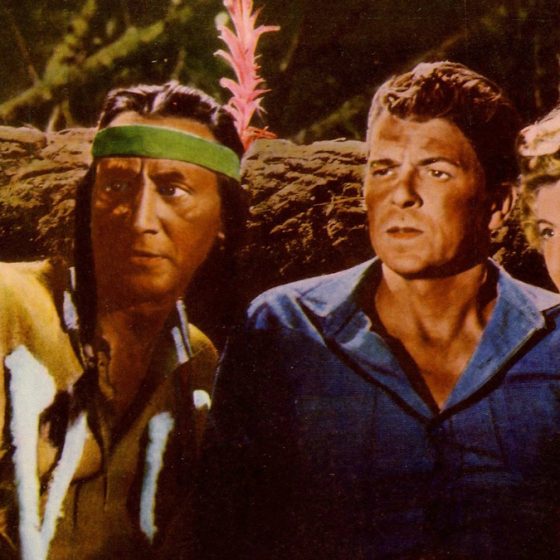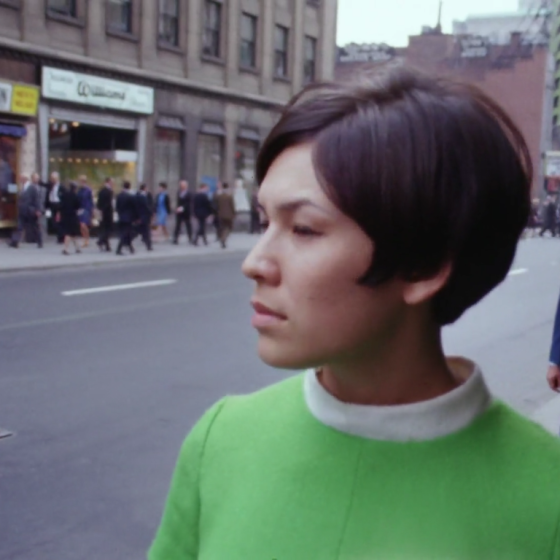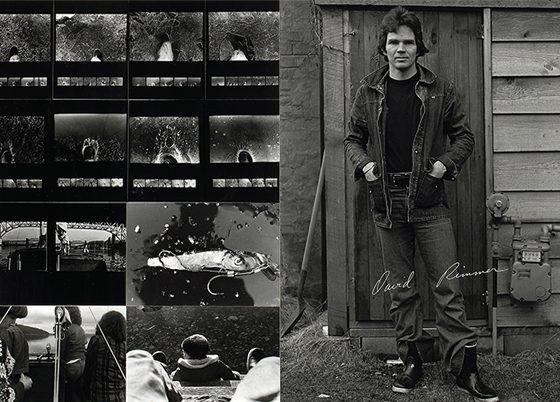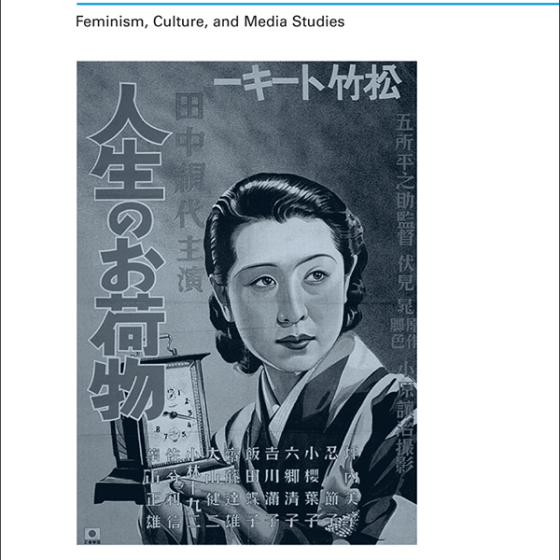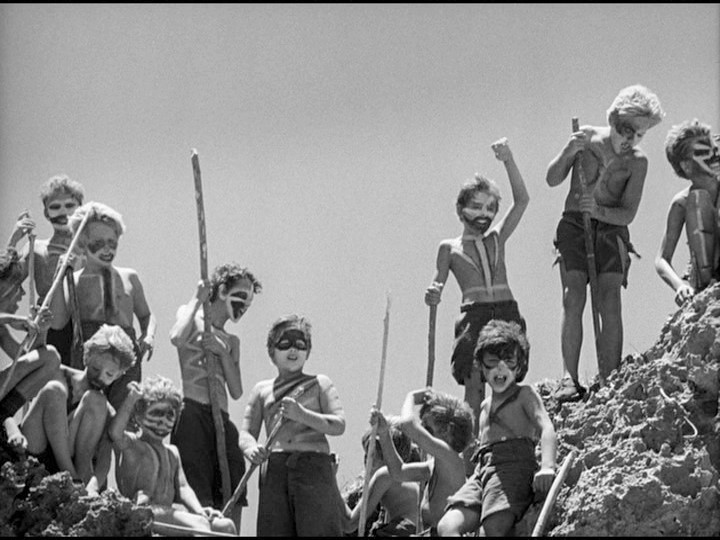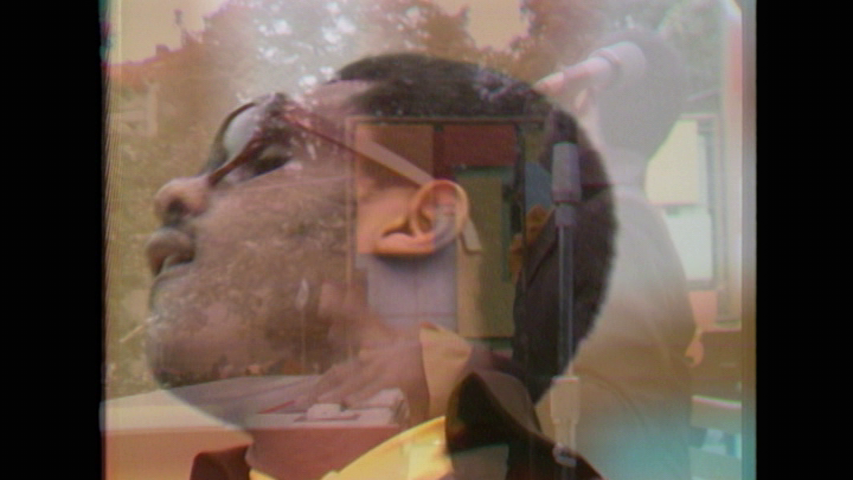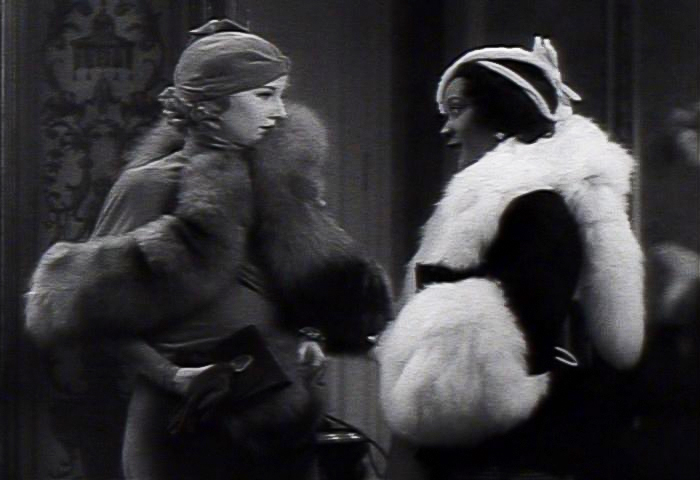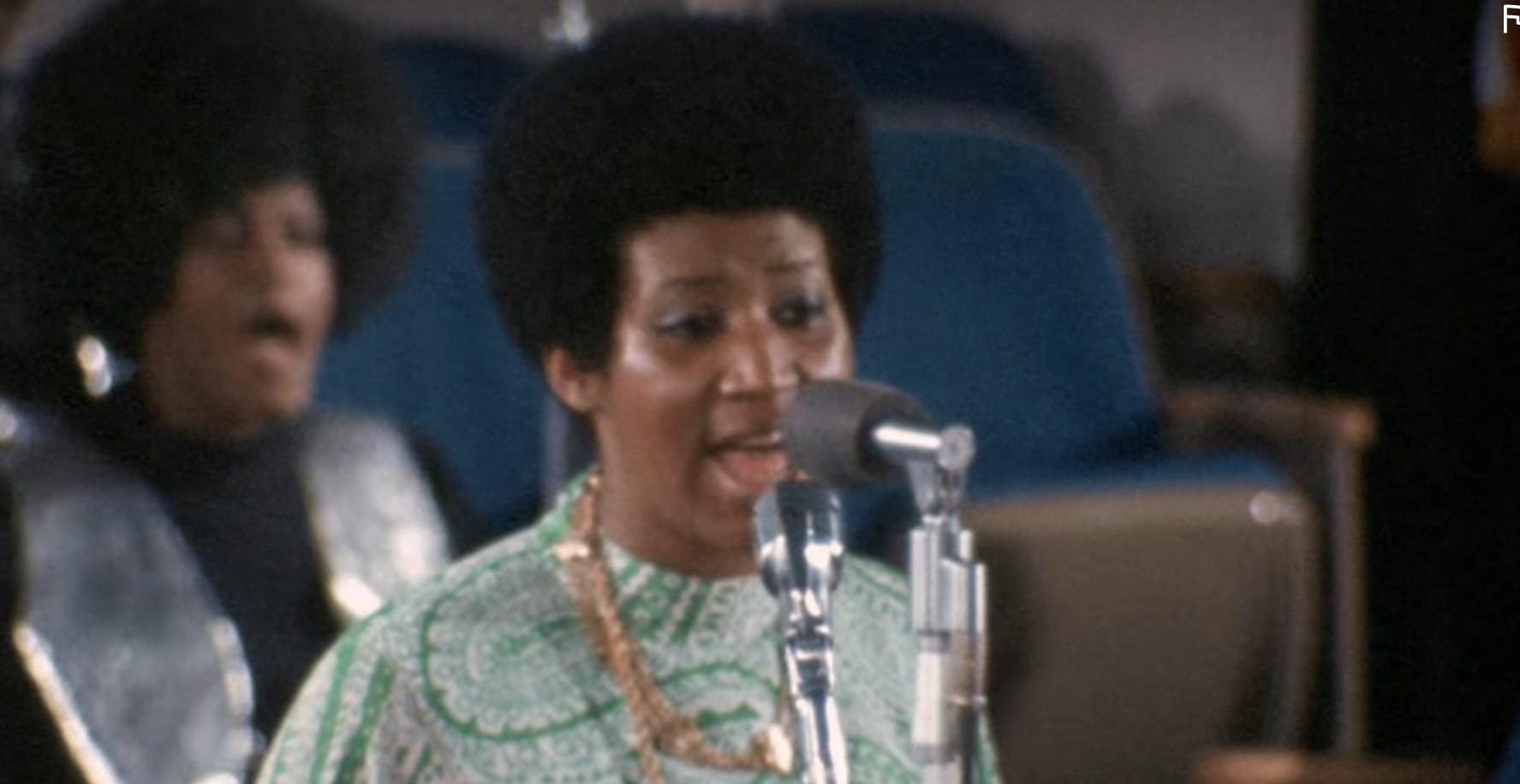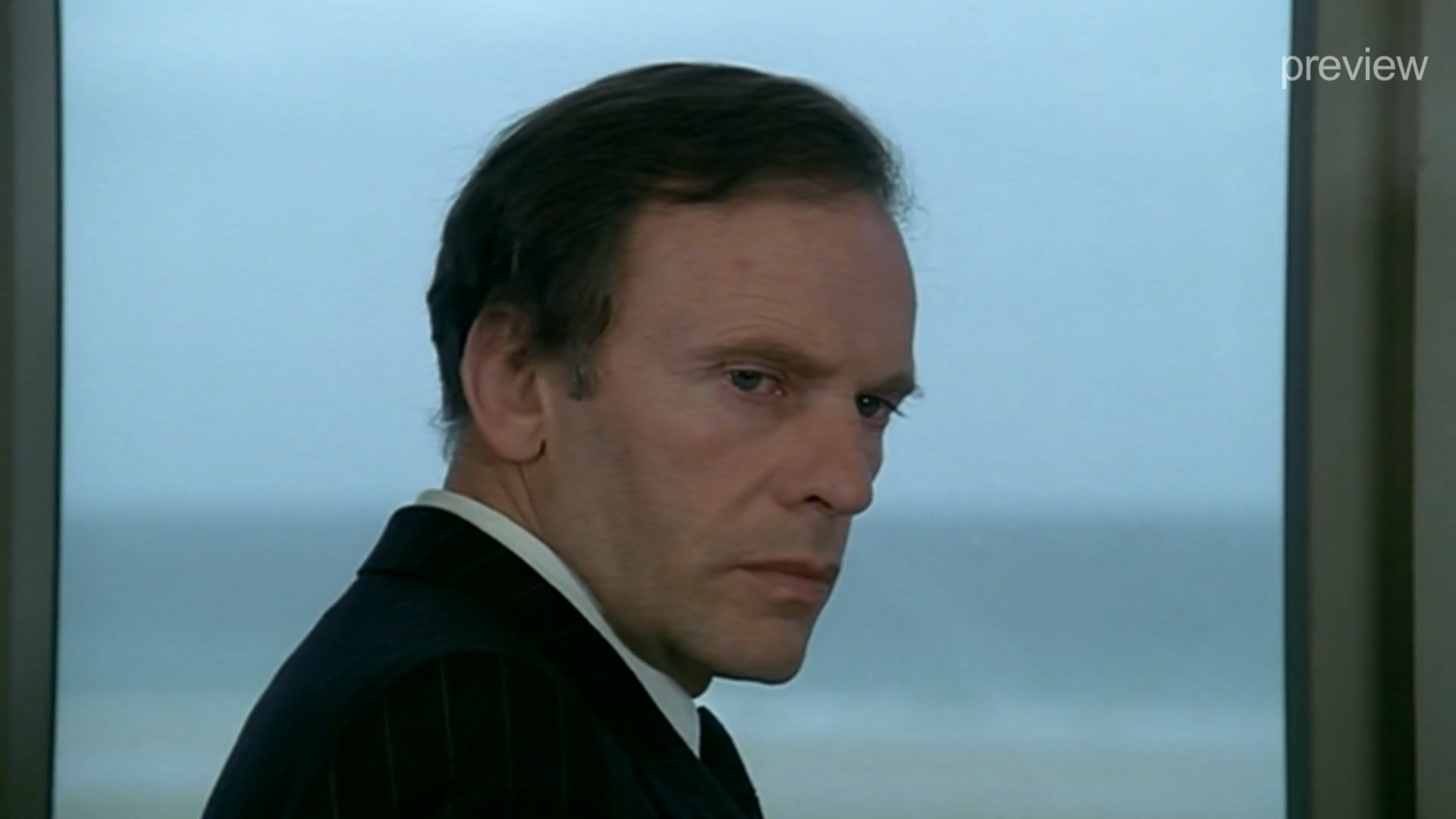The file on Black actor Theresa Harris includes 103 Hollywood films and TV shows for which she has screen credit, along with many that she does not, from 1929 to 1958. She was cast as an extra, a bit player, or a character actor with lines, most of the time as a maid. In this speculative history of her career, I examine a selection of her roles in films such as Baby Face (1933), Jezebel (1938), I Married a Zombie (1943), Out of the Past (1947), and Lady from Shanghai (1947) as if they were racial events. The act of critical viewing, of actually noticing Harris’s contribution to these and other films, can arguably alter the reading of the films in important ways. My reparative readings are inspired by the theoretical work of Eve Sedgwick and Christine Goding-Doty, and the historiographical work of Saidiya Hartman and Daphne Brooks.
